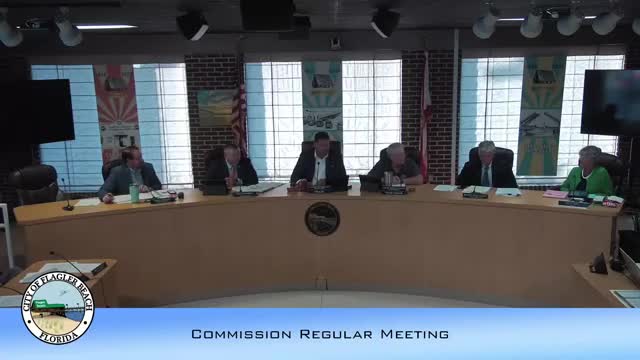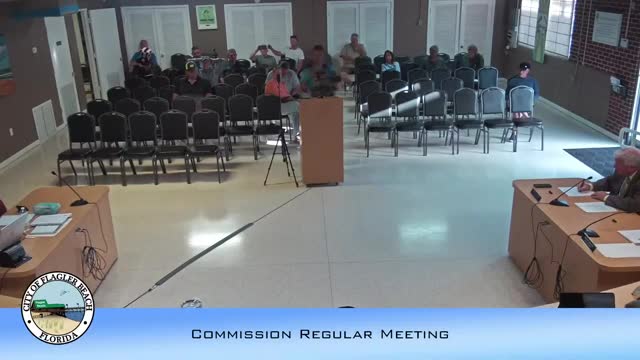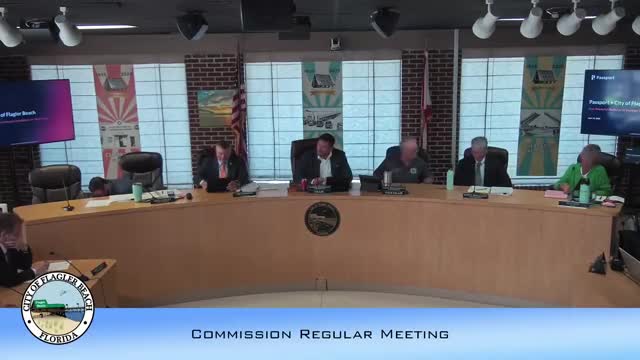Article not found
This article is no longer available. But don't worry—we've gathered other articles that discuss the same topic.

Votes at a glance: April 10 Flagler Beach commission meeting — pension appointments, repair and mobility contracts approved

Public raises allegations about arrest outside Funky Pelican; county sheriff investigating

